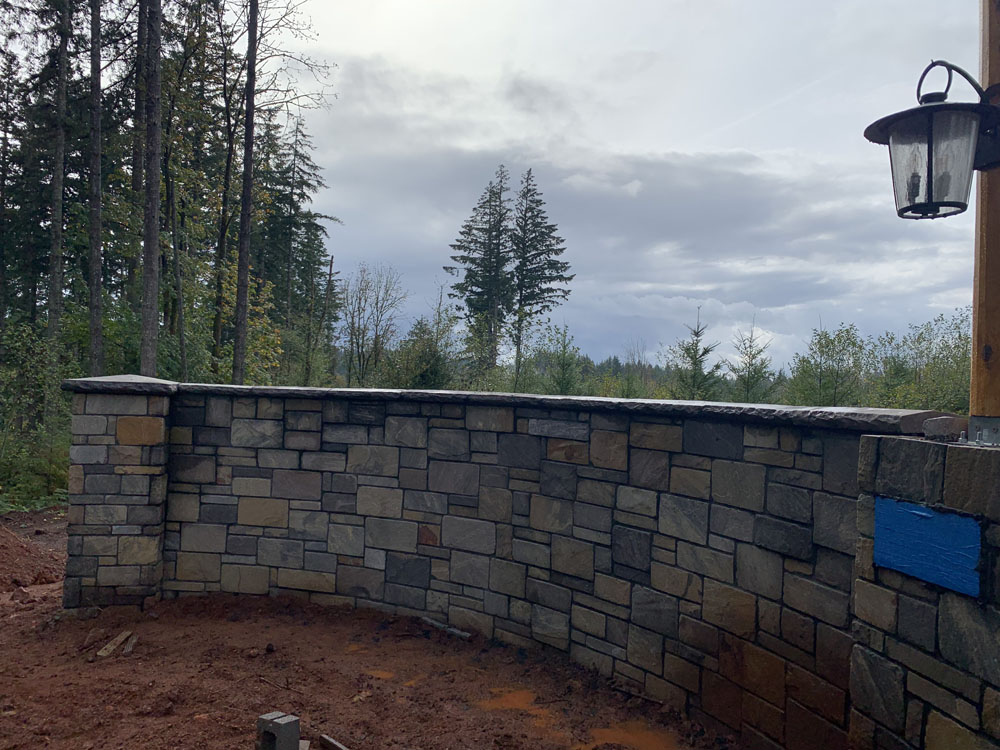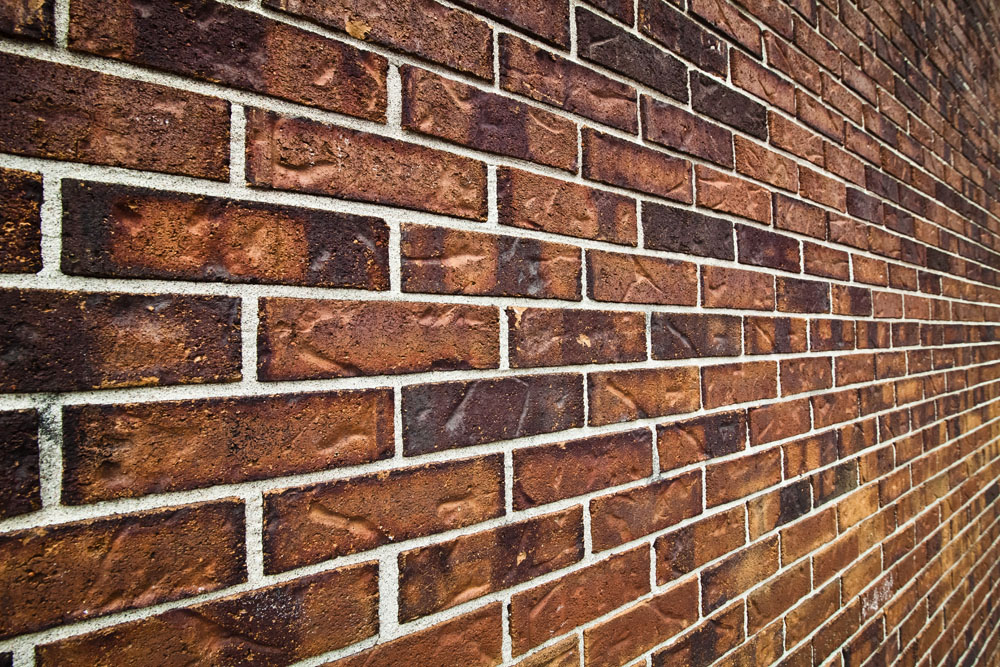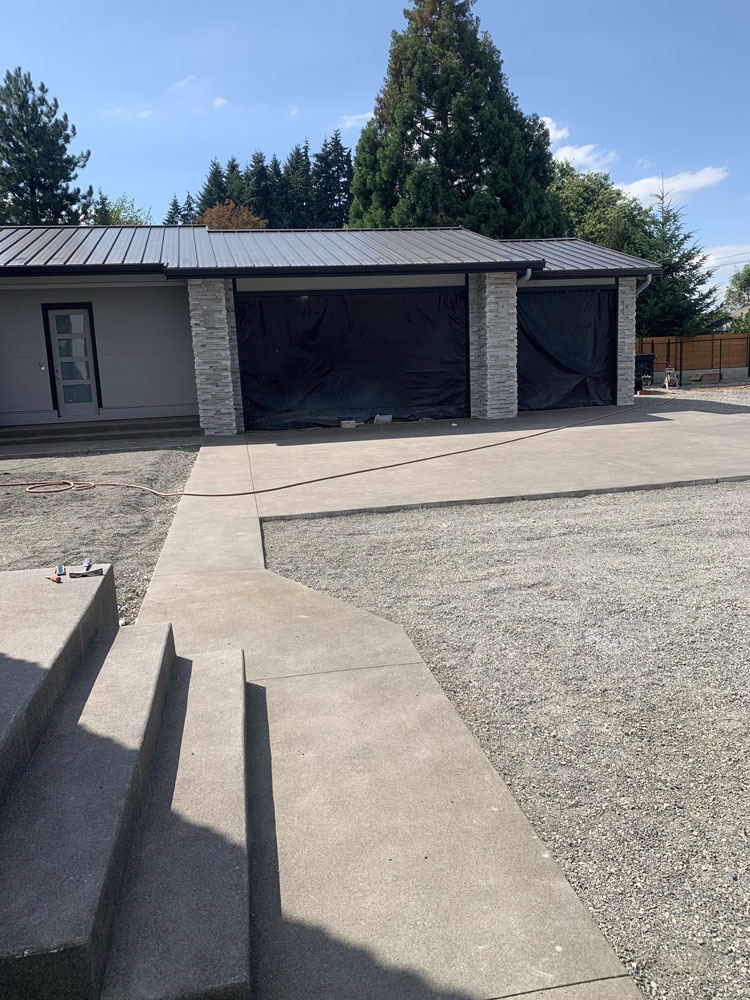Introduction
When it comes to the integrity and aesthetics of your home, few things are as crucial as the masonry work that holds everything together. Brick structures can face wear and tear over time, leading homeowners to question whether they should restore the existing bricks or replace them altogether. Understanding when to call a masonry contractor for bricks is essential for maintaining both the safety and beauty of your property. This article Masonry Contractor In Lake Oswego will explore various aspects of brick restoration and replacement, providing you with all the information needed to make informed decisions regarding your masonry needs.
Restoration or Replacement? When to Call a Masonry Contractor for Bricks
Deciding between restoration and replacement can feel overwhelming, especially since both options have their pros and cons. So, when should you reach out to a masonry contractor?
Understanding Your Brick Structure
Before jumping into action, it’s important to understand the structure of your brickwork. This includes identifying various components like:
- Bricks: The fundamental building blocks. Mortar: The glue that holds bricks together. Weep holes: Openings that allow moisture to escape.
A qualified masonry contractor can help assess these components' conditions and determine whether restoration or replacement is the best course of action.
Signs That Indicate Restoration Is Needed
There are several indicators that suggest your bricks may simply need restoration rather than full replacement:
Surface Cracks: Small cracks on the surface can often be repaired without replacing entire bricks.
Discoloration: Faded colors can often be remedied through cleaning or sealing.
Minor Spalling: If only small flakes are coming off the surface of a brick, it may still be salvageable.
Loose Mortar Joints: These can often be tuck-pointed instead of requiring complete removal and replacement.
When Replacement Becomes Necessary
In some cases, however, there’s no choice but to replace parts of your brickwork:
Extensive Cracking: Deep cracks that compromise structural integrity usually mean it's time for replacements.
Severe Spalling: If large sections of bricks are breaking away or crumbling, they’ll need replacing.
Structural Damage: Any signs of foundational issues may necessitate more extensive repairs.
Water Damage: If bricks show signs of water damage or mold growth, they may not be worth restoring.
Masonry Contractor Skills You Should Look For
When hiring a masonry contractor, you'll want someone who possesses specific skills and expertise:
Experience in Brickwork
It's essential that your masonry contractor has ample experience specifically in working with bricks. They should be familiar with various types and styles, as well as appropriate techniques for repair.
Knowledge of Local Building Codes
Your contractor must know local regulations concerning construction materials and methods so that all work complies with safety standards.
Portfolio of Past Work
Ask potential contractors for examples of previous projects similar to yours—this gives you insight into their craftsmanship and style.
Benefits of Hiring a Professional Masonry Contractor
While DIY projects can be tempting, hiring a professional offers numerous benefits:
Quality Assurance: Pros ensure high-quality work that stands the test of time.
Time Efficiency: Contractors know what they’re doing; they get it done faster than an inexperienced individual would.
Access to Tools & Materials: Professionals have access to specialized tools and high-quality materials that may not be readily available at local stores.
Safety Considerations: Working with heavy materials poses risks; professionals know how to mitigate those risks effectively.
Cost Considerations in Brick Restoration vs Replacement
Budget is often a decisive factor when determining whether to restore or replace bricks:
Restoration Costs
Typically lower than replacement costs because you're reusing existing materials like bricks and mortar:

- Cleaning & Repairing Mortar Tuckpointing Sealing
Replacement Costs
This option usually incurs higher costs due to new materials being needed:
- New Bricks Additional Labor Disposal Fees for Old Materials
FAQ Section
1. What conditions indicate I need a masonry contractor?
If you notice cracked bricks, loose mortar joints, or discoloration in your brickwork, it’s time to consult a masonry contractor.
2. How can I tell if my bricks need restoration rather than replacement?
Look for minor cracks or surface spalling; if these issues aren’t severe, restoration could suffice.
3. What should I consider when choosing a masonry contractor?
Check their experience level, portfolio quality, customer reviews, and knowledge about local building codes before making a decision.

4. Can I attempt brick repair myself?
While DIY repairs are possible for minor issues like cleaning or tuckpointing, professional help is advisable for significant damage or structural concerns.
5. How long does brick restoration take?
The duration depends on the extent of damage but typically ranges from one day to several weeks based on project size and complexity.
6. Is it more cost-effective to restore bricks than replace them?
Generally speaking, yes! Restoration tends to cost less than full replacements unless the damage is substantial enough that repair isn’t feasible.
Conclusion
Navigating the complexities of brick maintenance doesn't have to feel daunting if you know what signs to look out for regarding restoration versus replacement options—and when it's time to engage a skilled masonry contractor! By understanding your particular situation better and recognizing potential issues early on, you empower yourself as a homeowner capable of making informed choices about preserving one of your home's most vital structural elements—the brickwork!

Whether you're opting for restoration or considering full replacements down the line, remember that investing in quality workmanship now could save you significant headaches (and expenses) later on down the road!